Top 25 Books Every Physicist Needs to Read at Least Once in Their Life!
Expanding the Horizons of Scientific Understanding
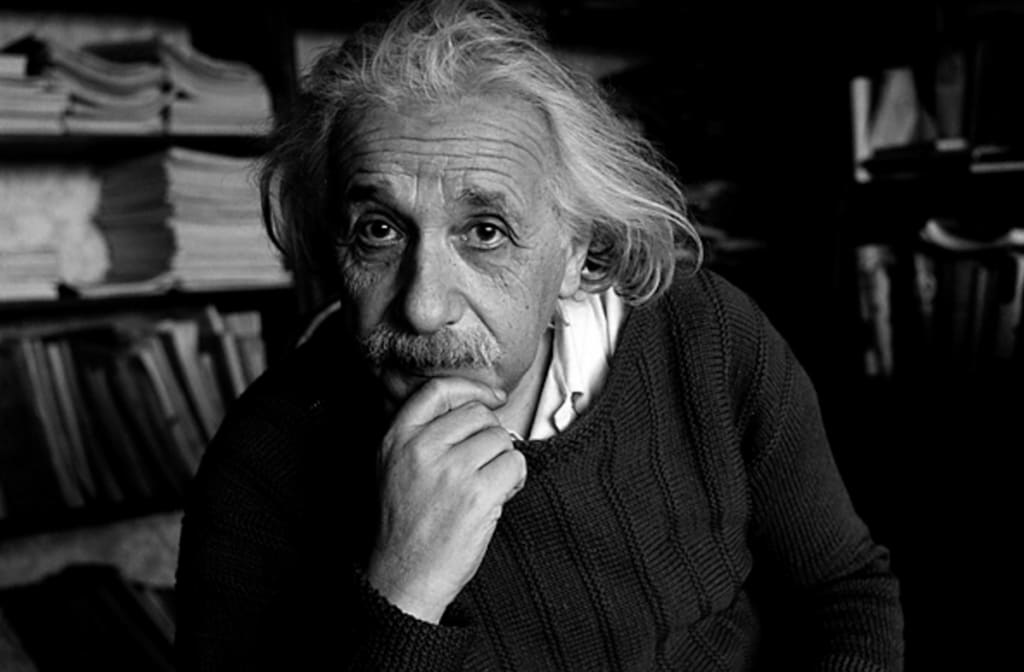
Physics, the fundamental science that unravels the mysteries of the universe, has captivated brilliant minds throughout history. For aspiring physicists and seasoned professionals alike, literature offers a gateway to new ideas, discoveries, and insights. In this carefully curated list, we present the top 25 books that every physicist should read to expand their understanding, delve into groundbreaking theories, and explore the wonders of the cosmos. From classics to contemporary works, these books are essential companions on the journey of scientific exploration and discovery.
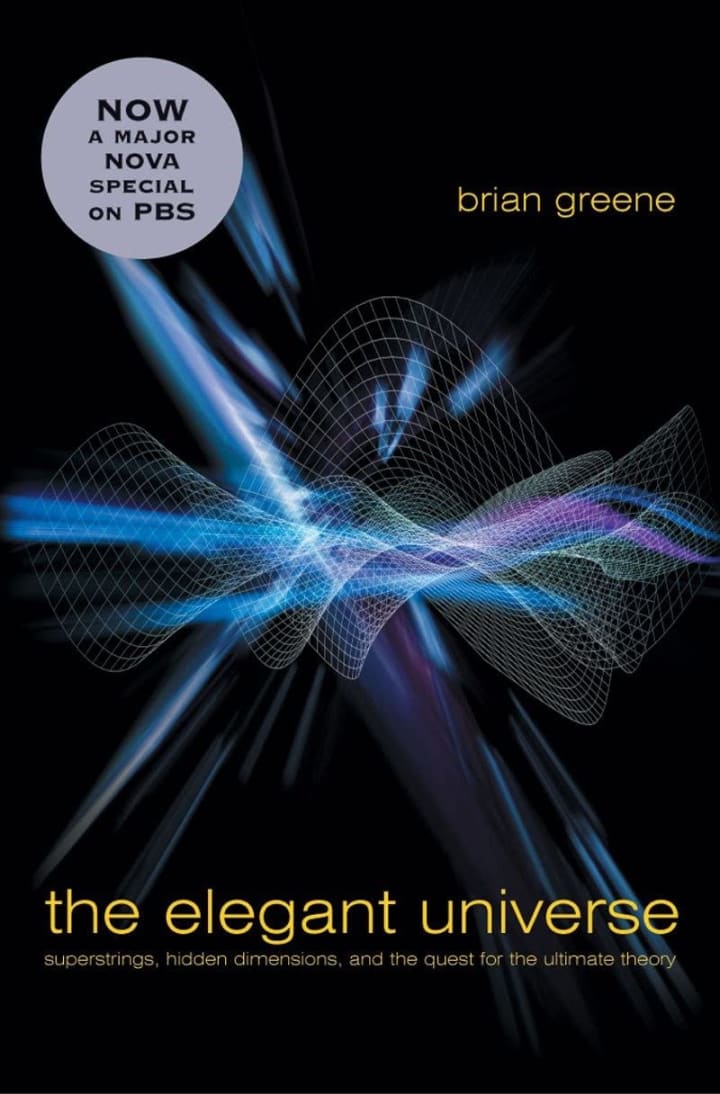
1. "The Elegant Universe" by Brian Greene:
In "The Elegant Universe," Brian Greene takes readers on an awe-inspiring journey through the intricate web of string theory, offering a comprehensive and accessible explanation of this revolutionary framework that seeks to unify the fundamental forces of nature.
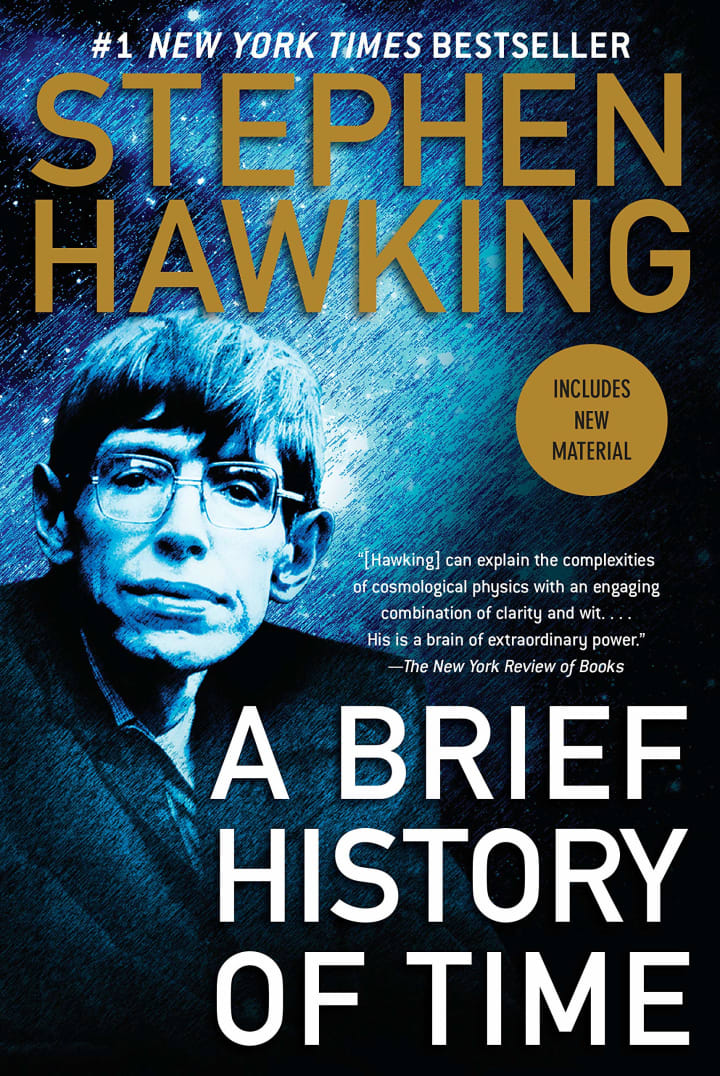
2. "A Brief History of Time" by Stephen Hawking:
Stephen Hawking's iconic work, "A Brief History of Time," delves into the origins of the universe and explores the fascinating concepts of space, time, and the nature of reality. With remarkable clarity, Hawking presents complex ideas in a way that captivates both scientists and non-scientists alike.
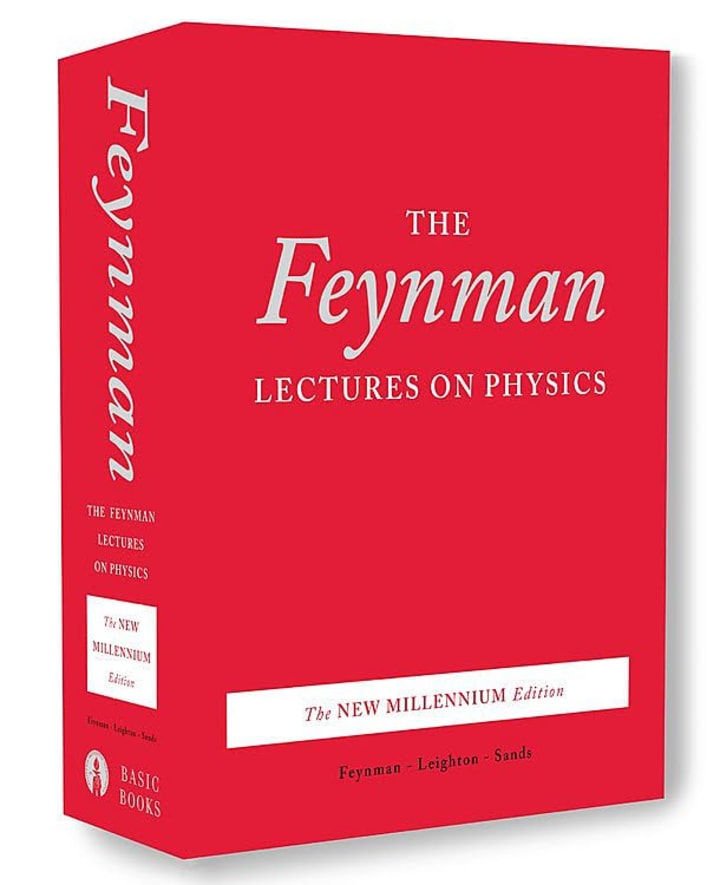
3. "The Feynman Lectures on Physics" by Richard P. Feynman:
"The Feynman Lectures on Physics" is a timeless masterpiece that showcases Richard Feynman's unparalleled ability to explain intricate scientific concepts with simplicity and charm. Covering a wide range of topics, this book serves as an invaluable resource for aspiring physicists.
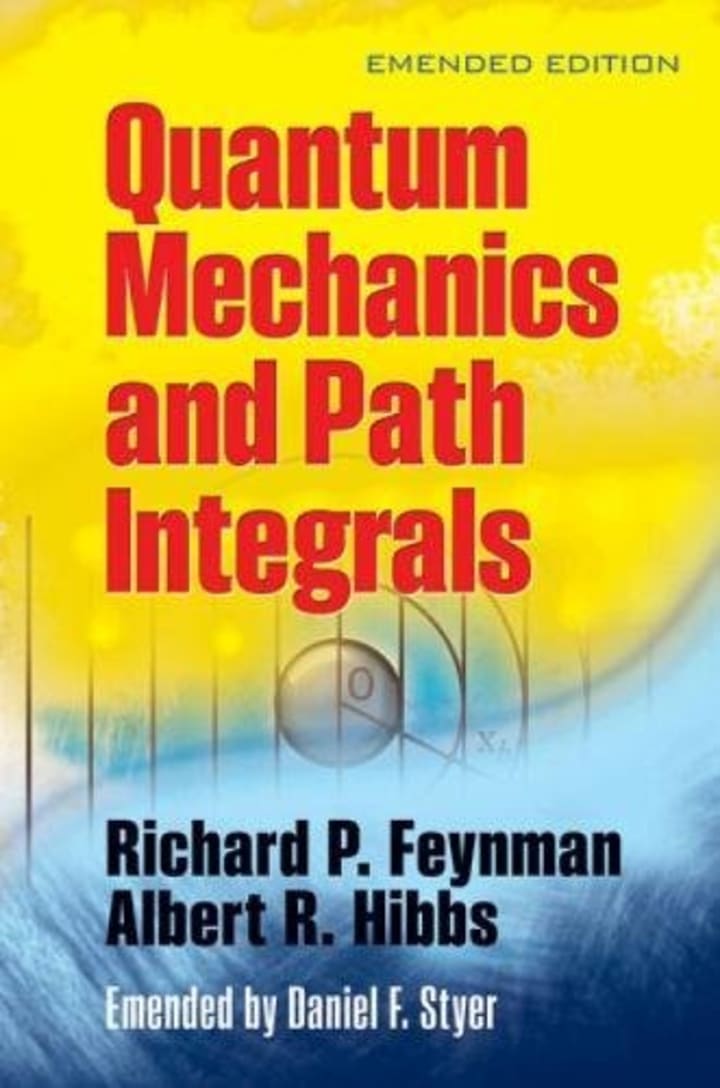
4. "Quantum Mechanics and Path Integrals" by Richard P. Feynman and Albert R. Hibbs:
In "Quantum Mechanics and Path Integrals," Feynman and Hibbs provide a comprehensive exploration of quantum mechanics through the lens of the path integral formulation. This book offers a deeper understanding of the probabilistic nature of quantum phenomena and the fundamental principles that govern the behavior of particles.
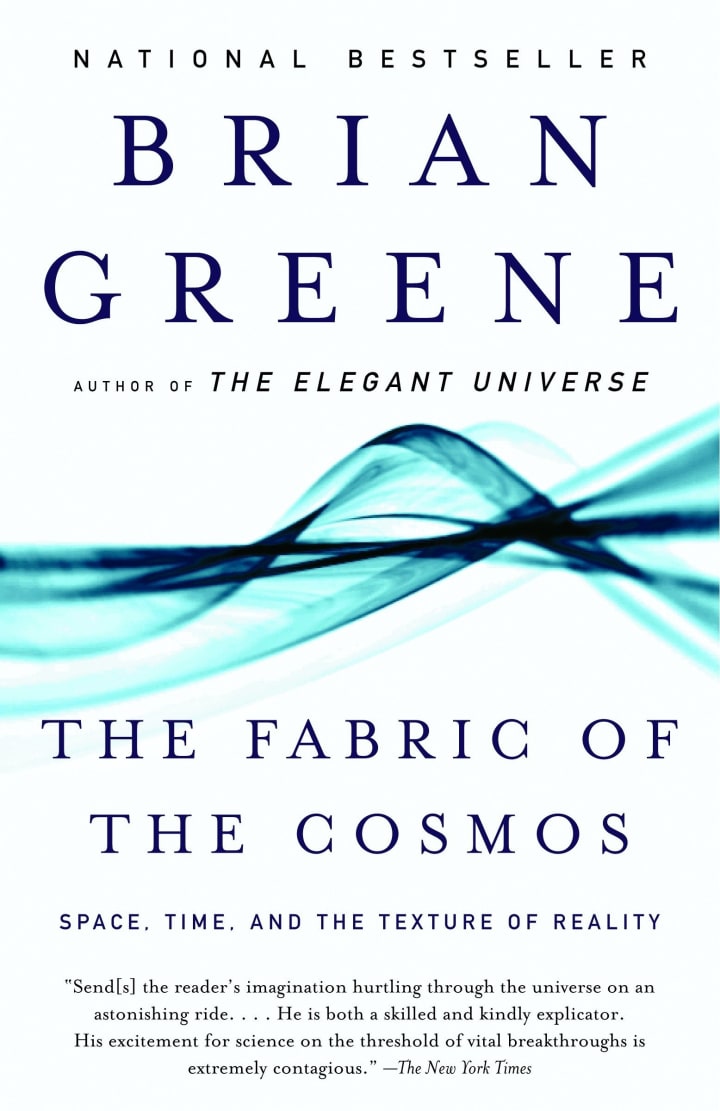
5. "The Fabric of the Cosmos" by Brian Greene:
Brian Greene's "The Fabric of the Cosmos" takes readers on an extraordinary journey into the nature of space, time, and the underlying fabric of reality itself. Through vivid storytelling and thought-provoking explanations, Greene explores the latest advances in physics, from general relativity to quantum mechanics, illuminating the profound connections that shape our universe.
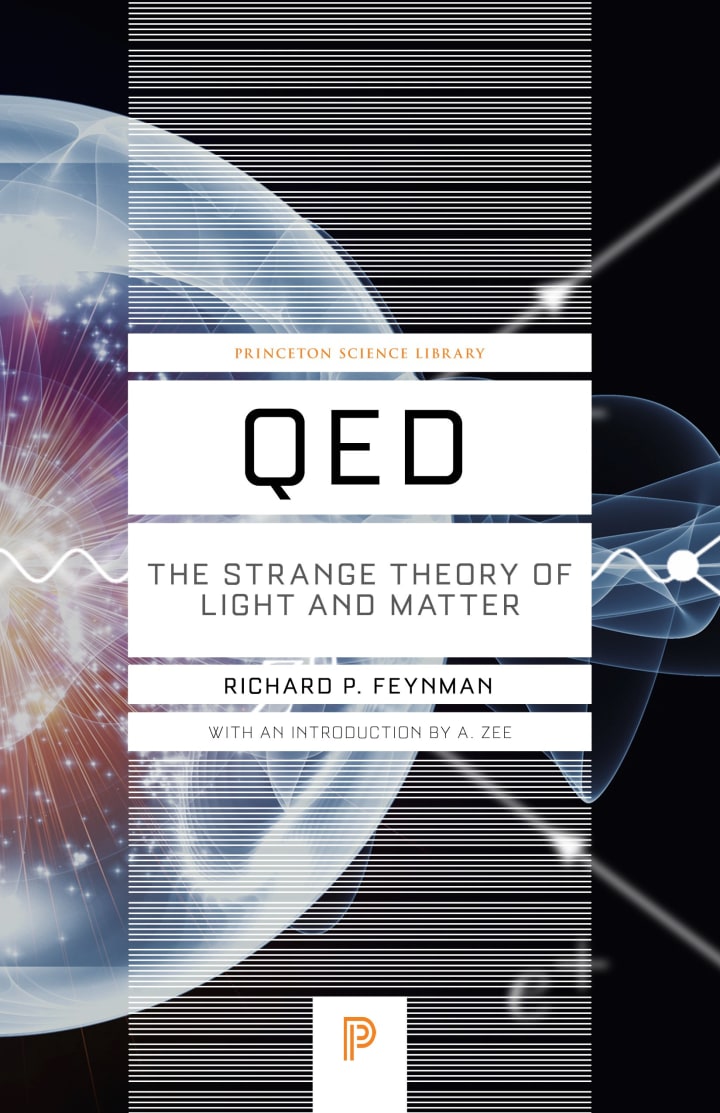
6. "QED: The Strange Theory of Light and Matter" by Richard P. Feynman:
In "QED: The Strange Theory of Light and Matter," Feynman masterfully unveils the mysteries of quantum electrodynamics, the theory that describes the behavior of light and its interactions with matter. With his characteristic wit and clarity, Feynman demystifies complex concepts, making quantum physics accessible to all.
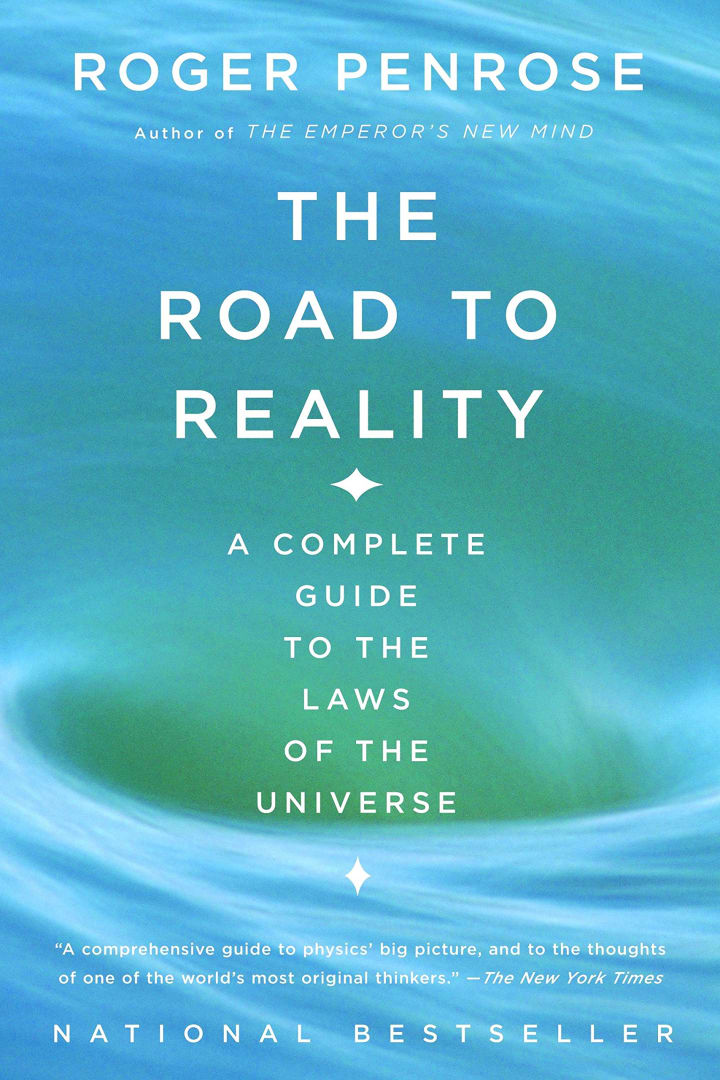
7. "The Road to Reality: A Complete Guide to the Laws of the Universe" by Roger Penrose:
"The Road to Reality" is an ambitious and comprehensive book by Roger Penrose that spans the entire landscape of modern physics. From classical mechanics to quantum theory and from general relativity to the frontiers of cosmology, Penrose provides a deep understanding of the fundamental laws that govern our universe.
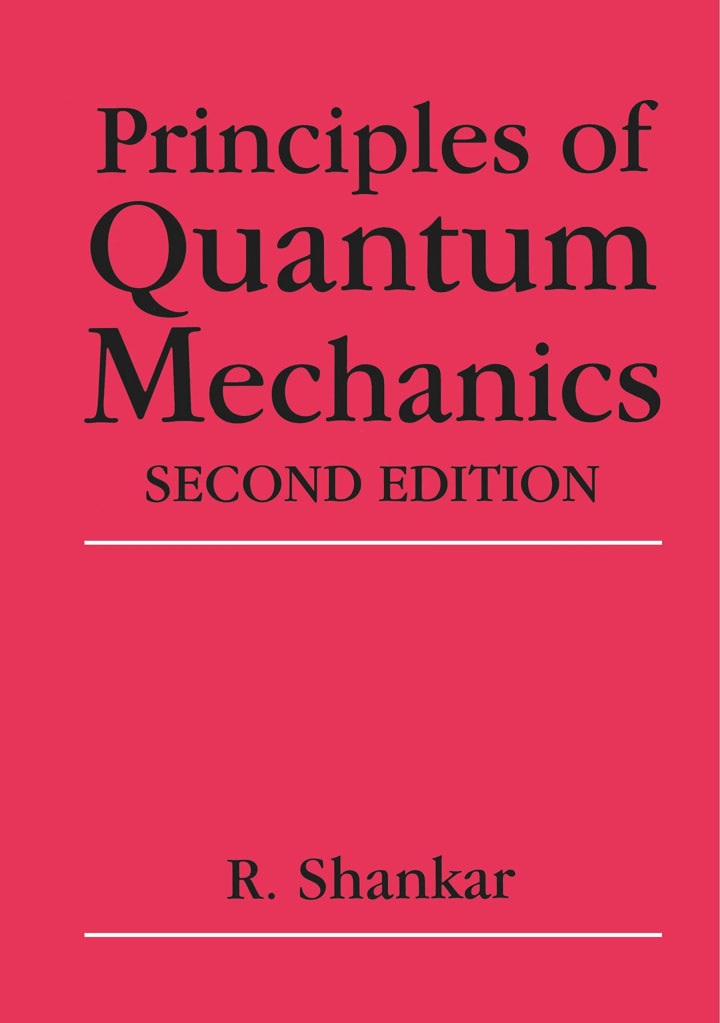
8. "Principles of Quantum Mechanics" by R. Shankar:
R. Shankar's "Principles of Quantum Mechanics" is a renowned textbook that offers a rigorous introduction to the principles and mathematics of quantum mechanics. With clarity and precision, Shankar guides readers through the foundational concepts, making this book an indispensable resource for physicists.
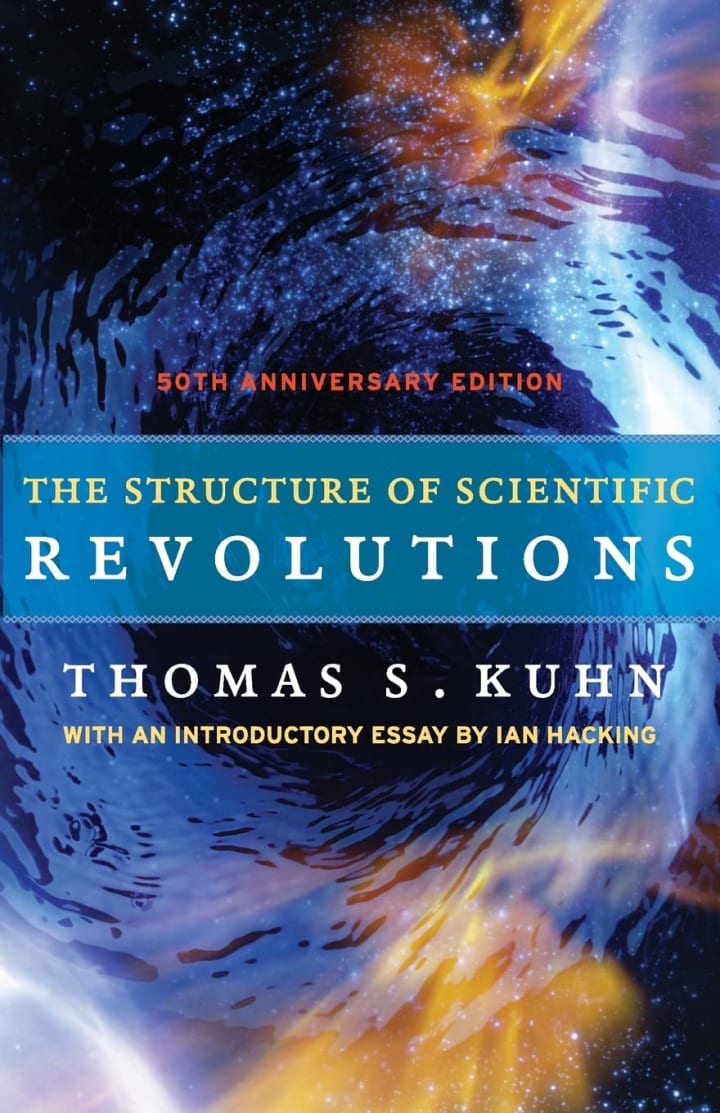
9. "The Structure of Scientific Revolutions" by Thomas S. Kuhn:
Thomas Kuhn's influential work, "The Structure of Scientific Revolutions," explores the nature of scientific progress and the paradigm shifts that shape our understanding of the world. By challenging conventional views of scientific inquiry, Kuhn offers valuable insights into the dynamics of scientific discovery and the evolution of theories.
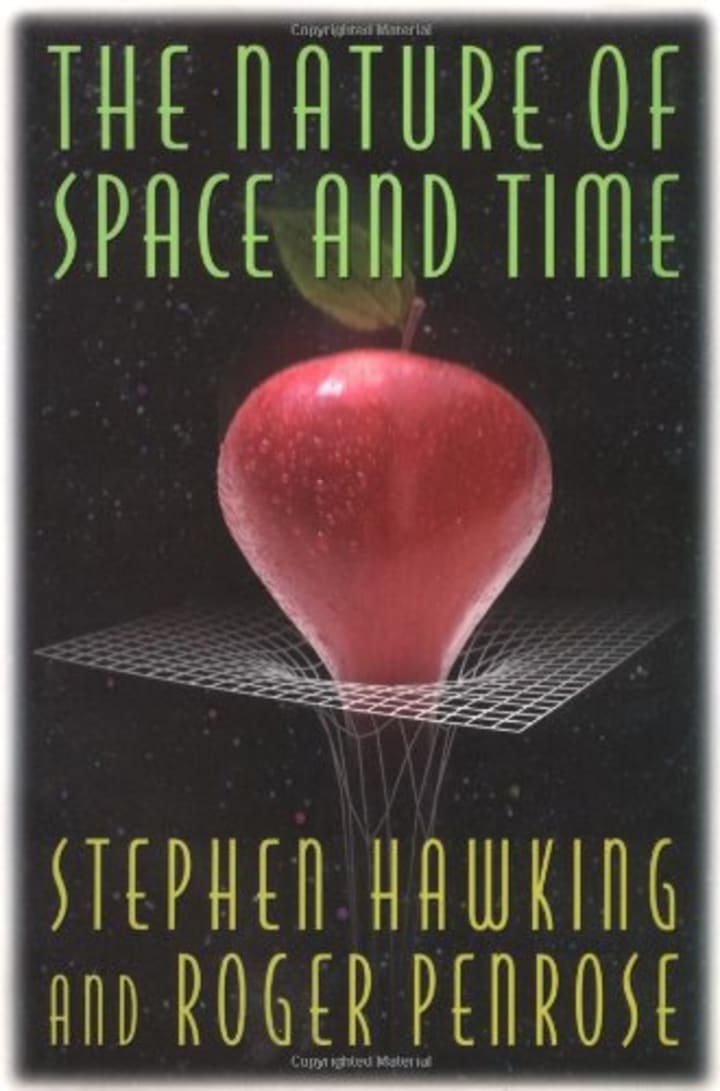
10. "The Nature of Space and Time" by Stephen Hawking and Roger Penrose:
In "The Nature of Space and Time," two brilliant minds, Stephen Hawking and Roger Penrose, engage in a captivating dialogue on the nature of the cosmos, the concept of time, and the profound connections between general relativity and quantum mechanics.
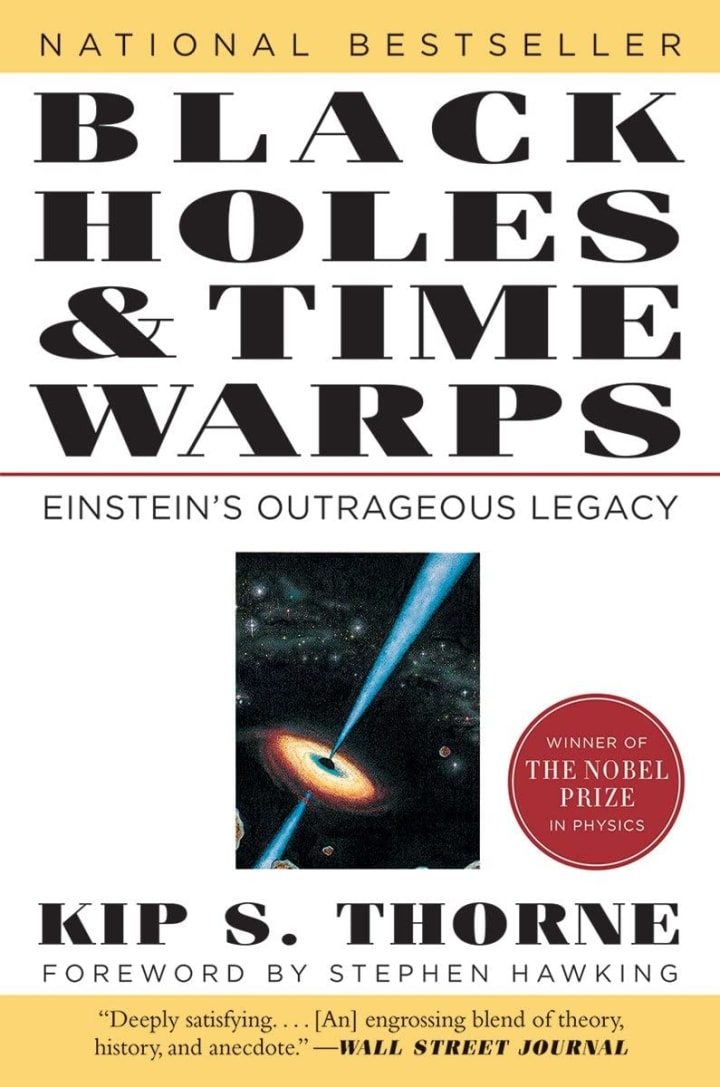
11. "Black Holes and Time Warps: Einstein's Outrageous Legacy" by Kip S. Thorne:
Kip Thorne's "Black Holes and Time Warps" takes readers on a thrilling journey through the mysteries of black holes, wormholes, and the mind-bending concept of spacetime. With captivating narratives and scientific rigor, Thorne explores the profound implications of Einstein's theories.

12. "The Quantum Universe: Everything That Can Happen Does Happen" by Brian Cox and Jeff Forshaw:
Brian Cox and Jeff Forshaw present a captivating exploration of quantum mechanics in "The Quantum Universe." From the bizarre behavior of particles to the mysteries of wave-particle duality, this book unravels the fascinating and counterintuitive world of quantum physics.
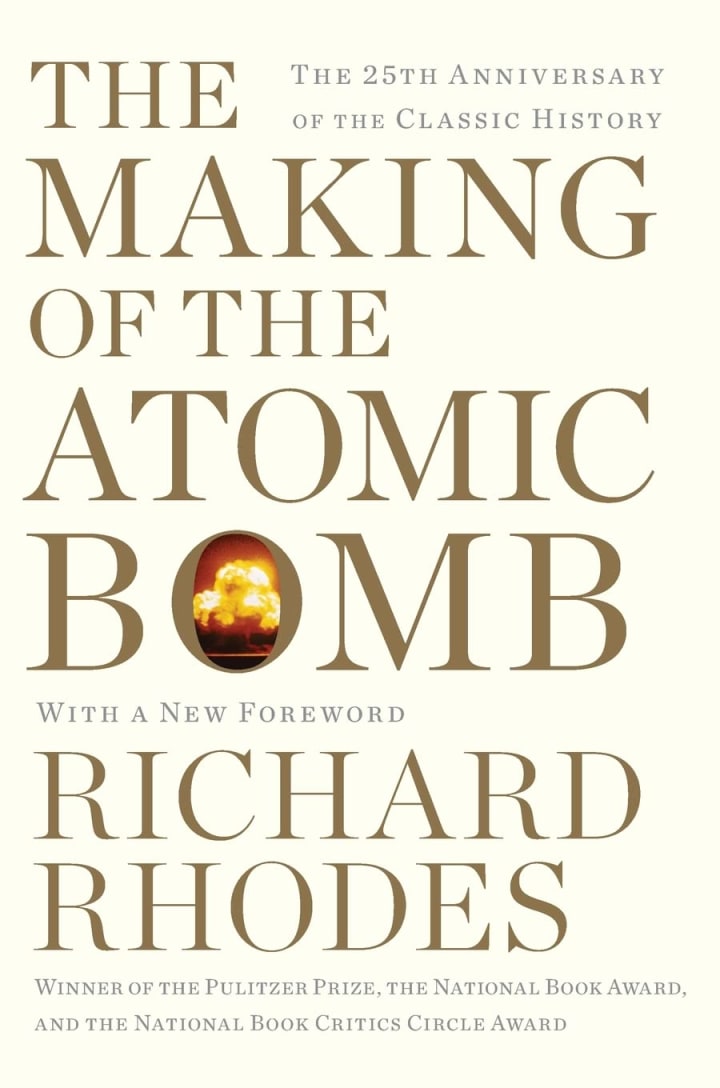
13. "The Making of the Atomic Bomb" by Richard Rhodes:
"The Making of the Atomic Bomb" by Richard Rhodes provides an in-depth account of the scientific discoveries and historical events that led to the development of the atomic bomb. Rhodes weaves together science, history, and human drama, painting a comprehensive picture of this pivotal moment in physics.
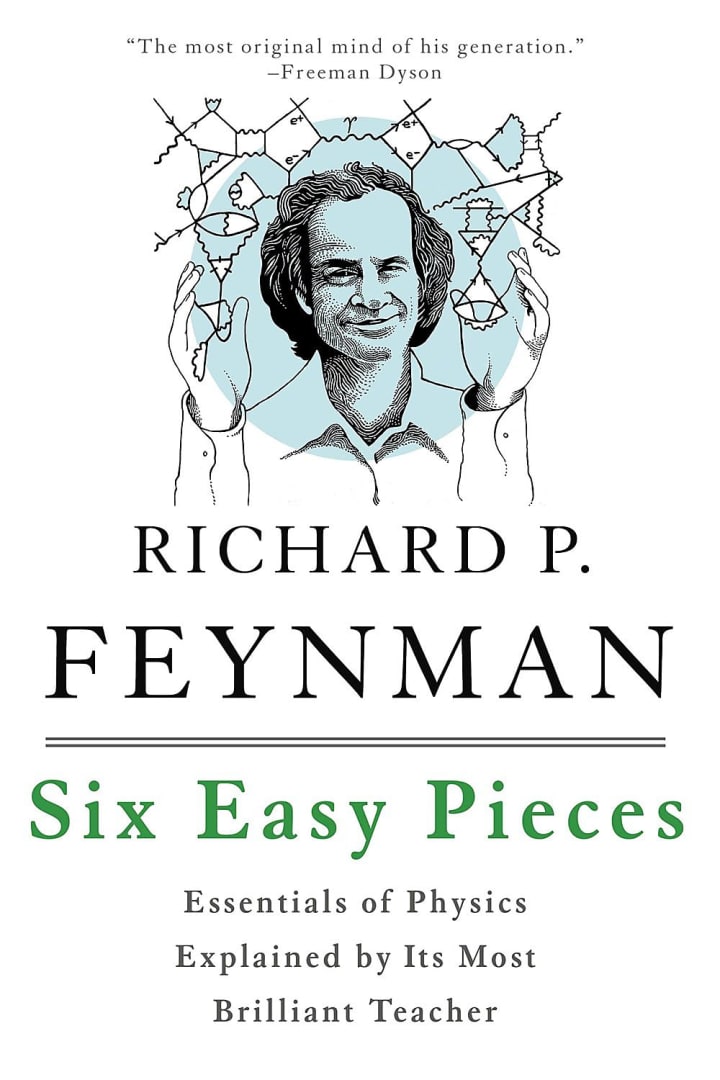
14. "Six Easy Pieces: Essentials of Physics Explained by Its Most Brilliant Teacher" by Richard P. Feynman:
Richard Feynman's "Six Easy Pieces" presents a collection of his most engaging lectures, providing a concise yet profound introduction to the core concepts of physics. Feynman's enthusiasm and unique teaching style make this book a delightful and accessible read for all physics enthusiasts.
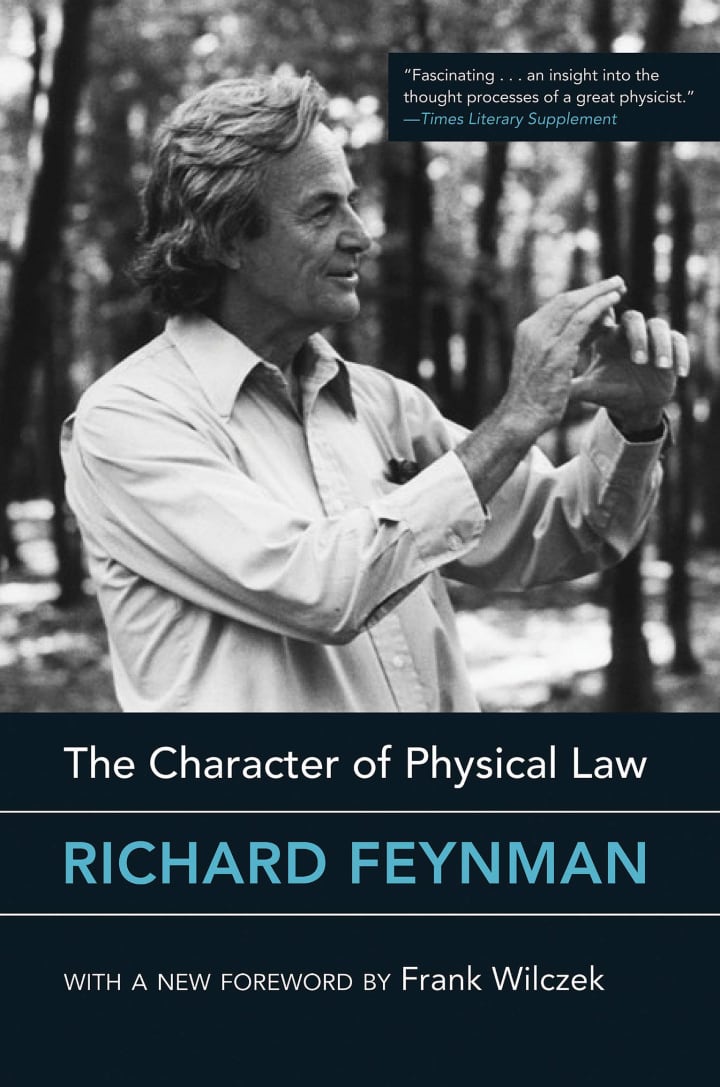
15. "The Character of Physical Law" by Richard P. Feynman:
In "The Character of Physical Law," Feynman explores the fundamental principles underlying the laws of physics with his signature clarity and wit. From the nature of gravitation to the beauty of symmetry, Feynman invites readers to delve into the essence of physics and appreciate its elegance.
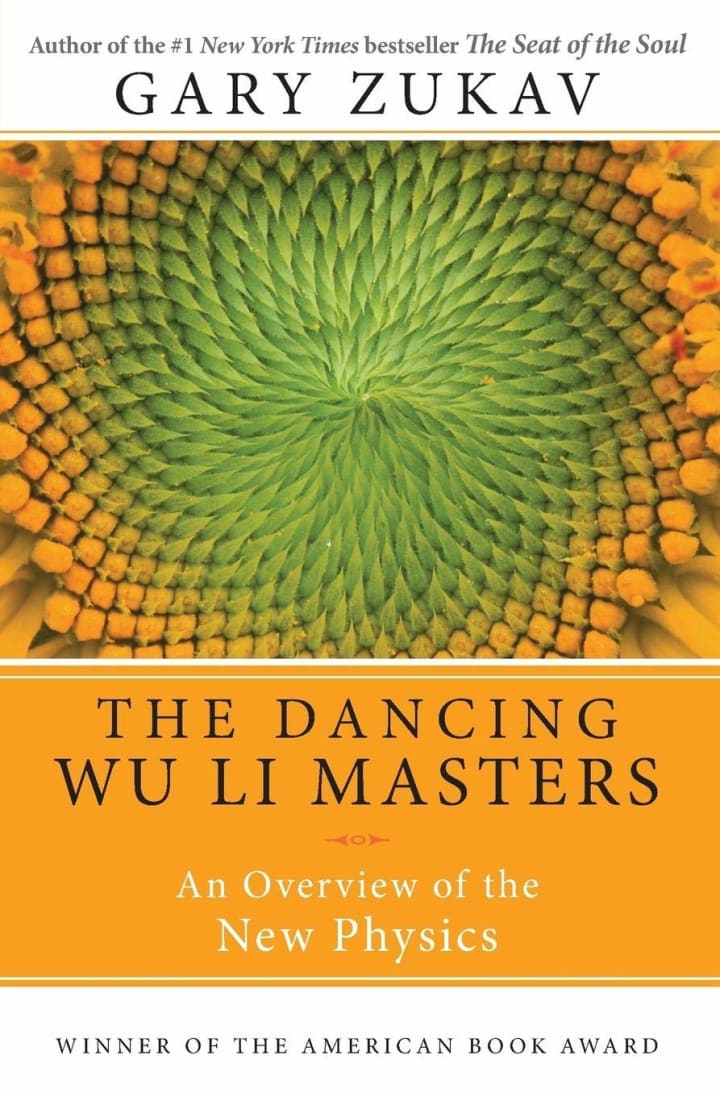
16. "The Dancing Wu Li Masters: An Overview of the New Physics" by Gary Zukav:
Gary Zukav's "The Dancing Wu Li Masters" offers a fascinating exploration of the new physics that emerged in the 20th century. Through vivid analogies and thought-provoking insights, Zukav presents complex ideas in a way that challenges conventional thinking and opens up new possibilities.
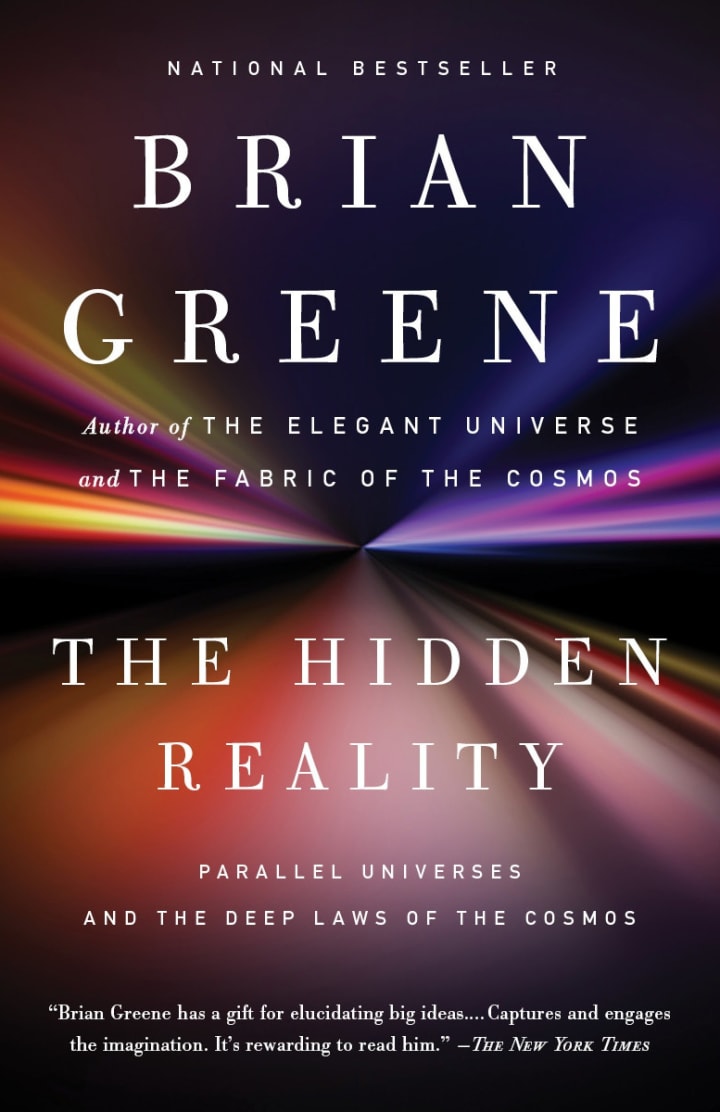
17. "The Hidden Reality: Parallel Universes and the Deep Laws of the Cosmos" by Brian Greene:
Brian Greene delves into the mind-bending concept of parallel universes in "The Hidden Reality," unraveling the mysteries of multiverse theory and exploring the profound implications for our understanding of the cosmos. With his trademark clarity, Greene takes readers on a captivating journey into the depths of theoretical physics.
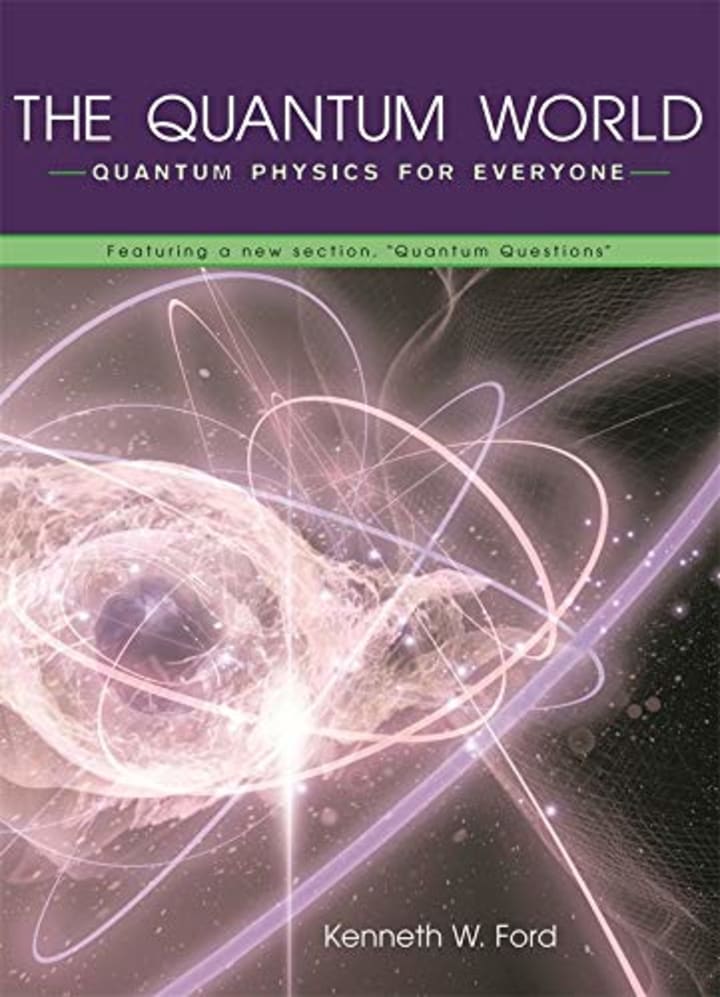
18. "The Quantum World: Quantum Physics for Everyone" by Kenneth W. Ford:
Kenneth W. Ford's "The Quantum World" provides a comprehensive introduction to the principles of quantum physics. With accessible language and engaging examples, Ford demystifies the subject, making it accessible to readers of all backgrounds and fostering a deeper appreciation for the quantum realm.
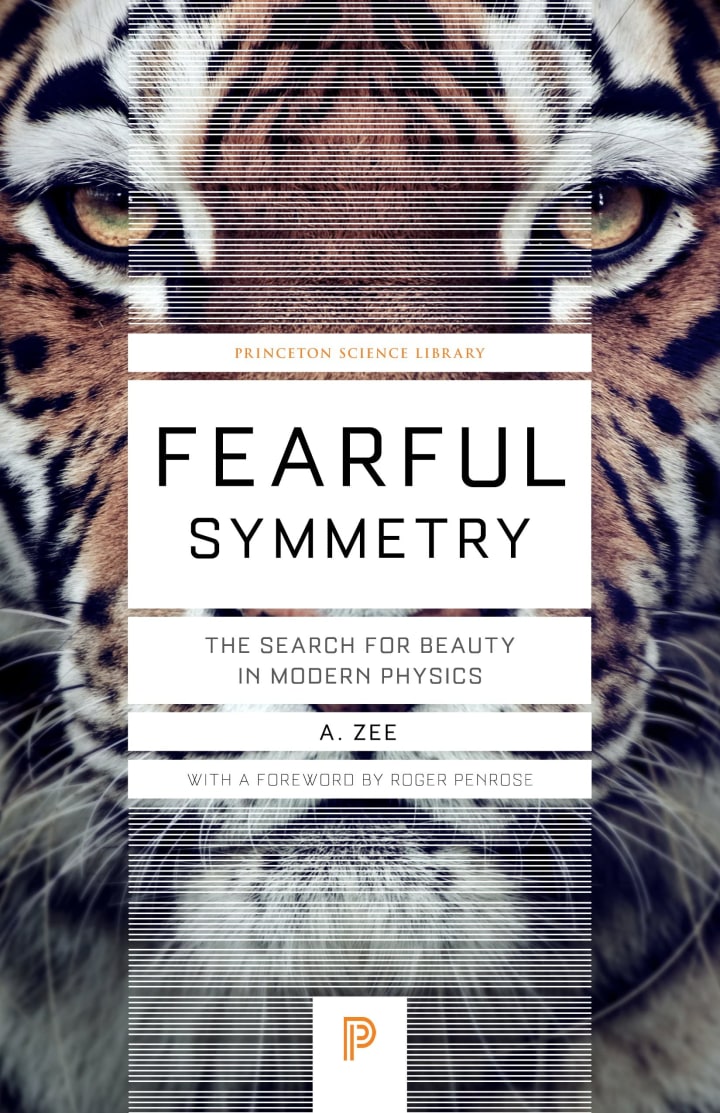
19. "Fearful Symmetry: The Search for Beauty in Modern Physics" by A. Zee:
A. Zee's "Fearful Symmetry" explores the intricate connections between symmetry and the laws of nature. Through captivating storytelling and insightful explanations, Zee reveals the underlying beauty and elegance that permeates the fabric of the universe.
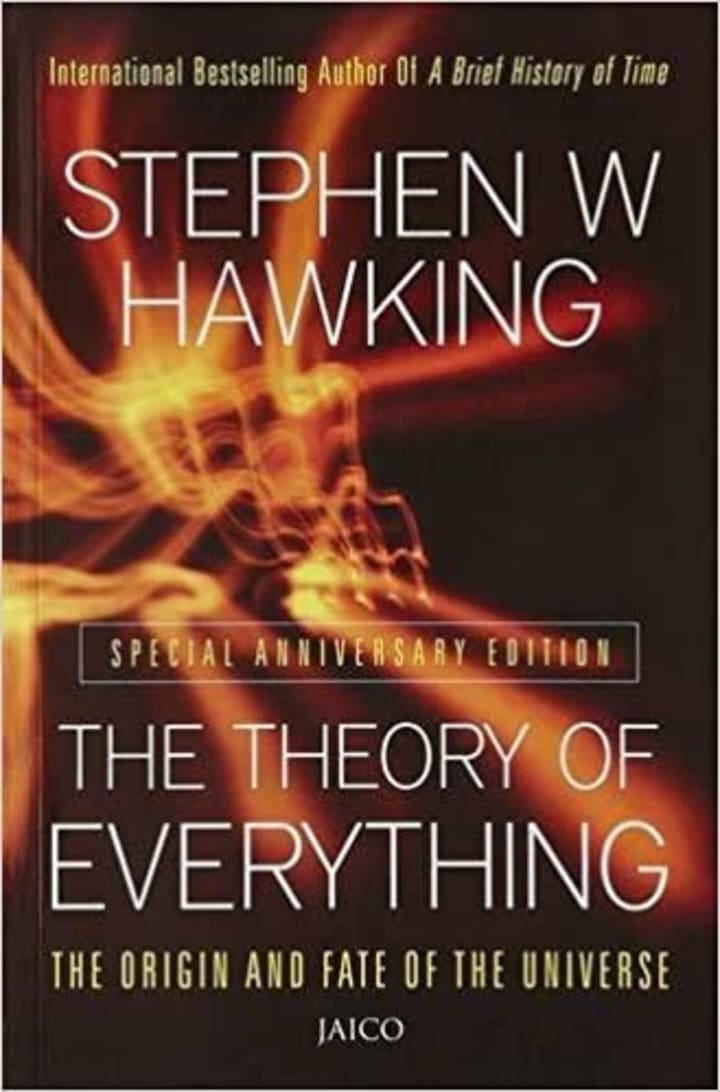
20. "The Theory of Everything: The Origin and Fate of the Universe" by Stephen Hawking:
"The Theory of Everything" presents Stephen Hawking's groundbreaking work on the origin and fate of the universe, blending cosmology, general relativity, and quantum mechanics into a cohesive framework. Hawking's brilliance and unique perspective make this book a cornerstone of modern physics.
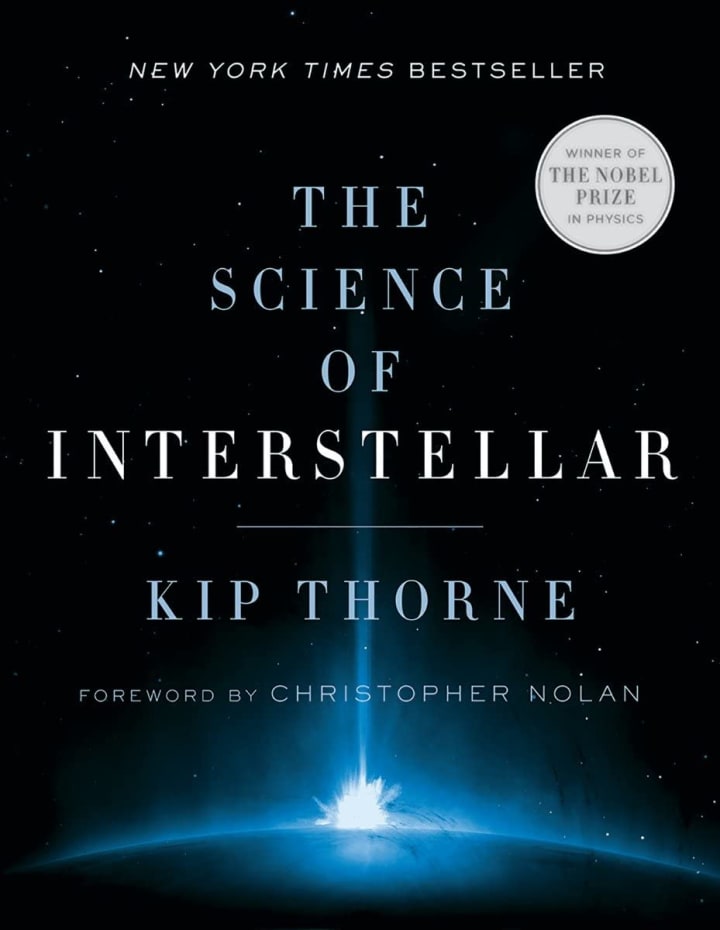
21. "The Science of Interstellar" by Kip S. Thorne:
Kip Thorne, a renowned physicist and scientific consultant for the film "Interstellar," delves into the scientific concepts behind the movie. In "The Science of Interstellar," Thorne explores wormholes, time dilation, and the physics of black holes, offering captivating insights into the real science that inspired the film.
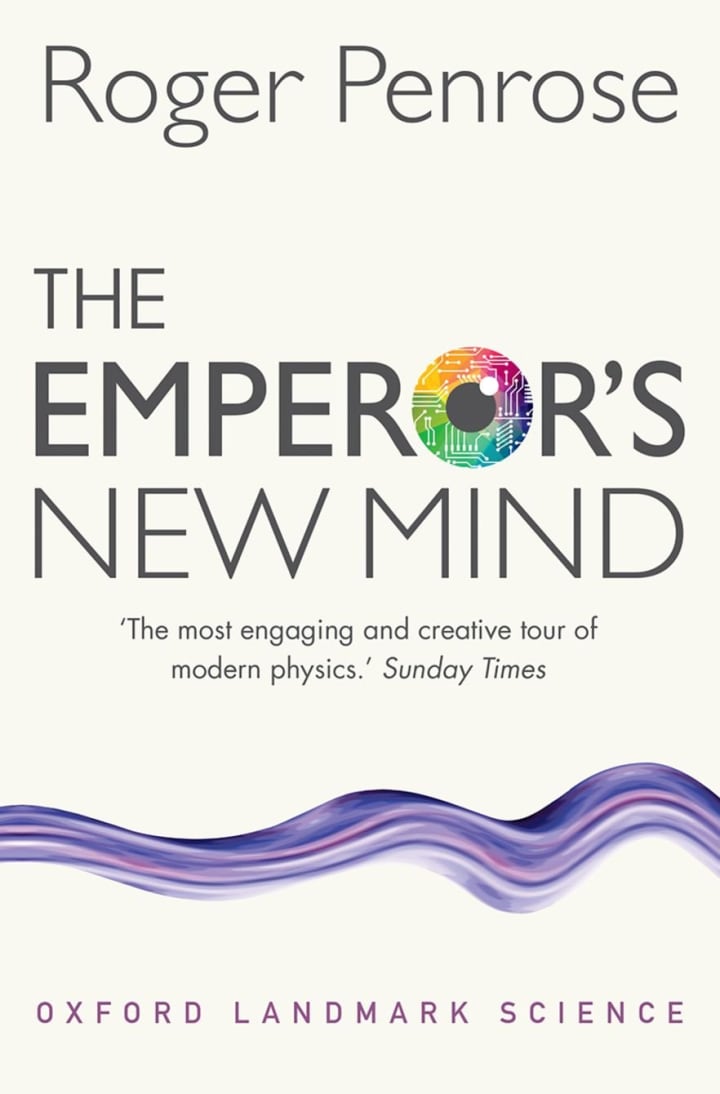
22. "The Emperor's New Mind: Concerning Computers, Minds, and the Laws of Physics" by Roger Penrose:
In "The Emperor's New Mind," Roger Penrose delves into the profound connections between the laws of physics and the mysteries of consciousness. With thought-provoking arguments, Penrose challenges the prevailing views on artificial intelligence and explores the boundaries of human understanding.
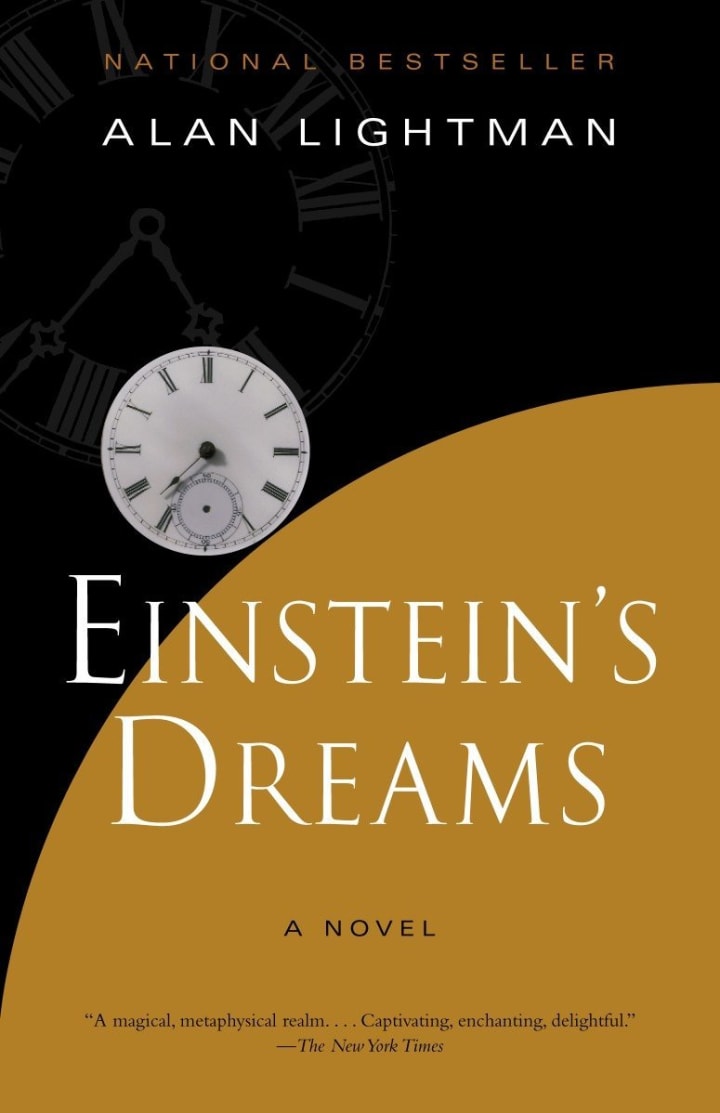
23. "Einstein's Dreams" by Alan Lightman:
Alan Lightman's "Einstein's Dreams" takes readers on a lyrical journey through a series of fictional dreams that Einstein may have had while developing his theory of relativity. Through poetic prose, Lightman explores the philosophical implications of time, perception, and the nature of reality.
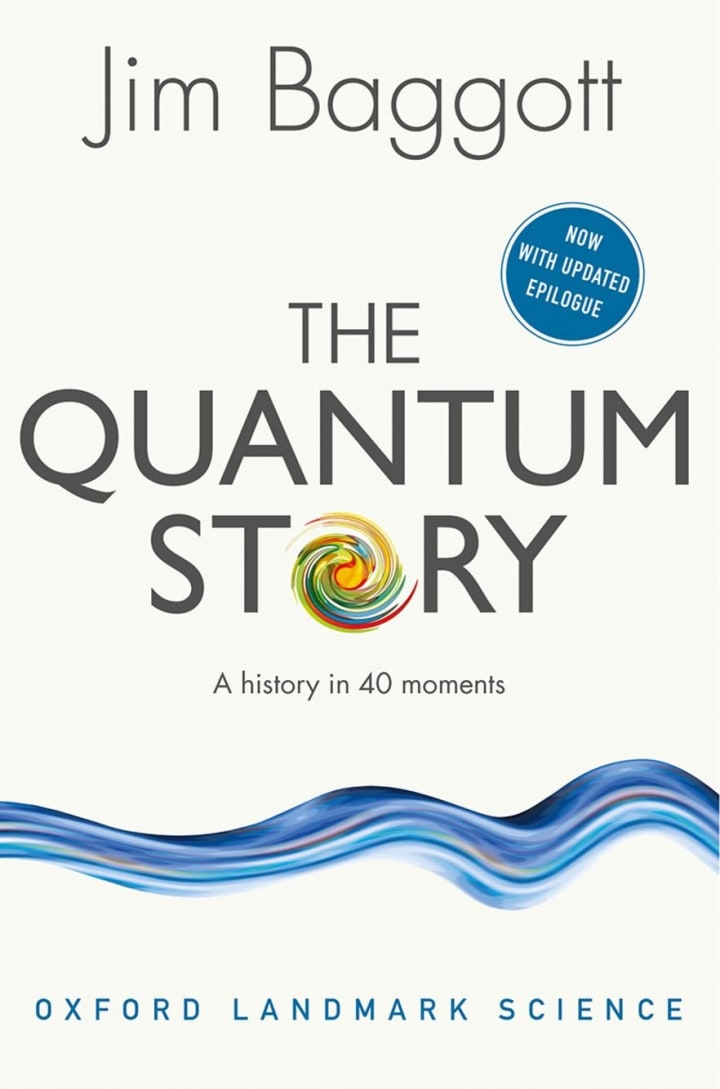
24. "The Quantum Story: A History in 40 Moments" by Jim Baggott:
Jim Baggott's "The Quantum Story" offers a comprehensive history of quantum physics, from its early beginnings to the present day. Through 40 key moments, Baggott provides a captivating narrative that sheds light on the personalities, controversies, and groundbreaking discoveries that shaped our understanding of quantum mechanics.
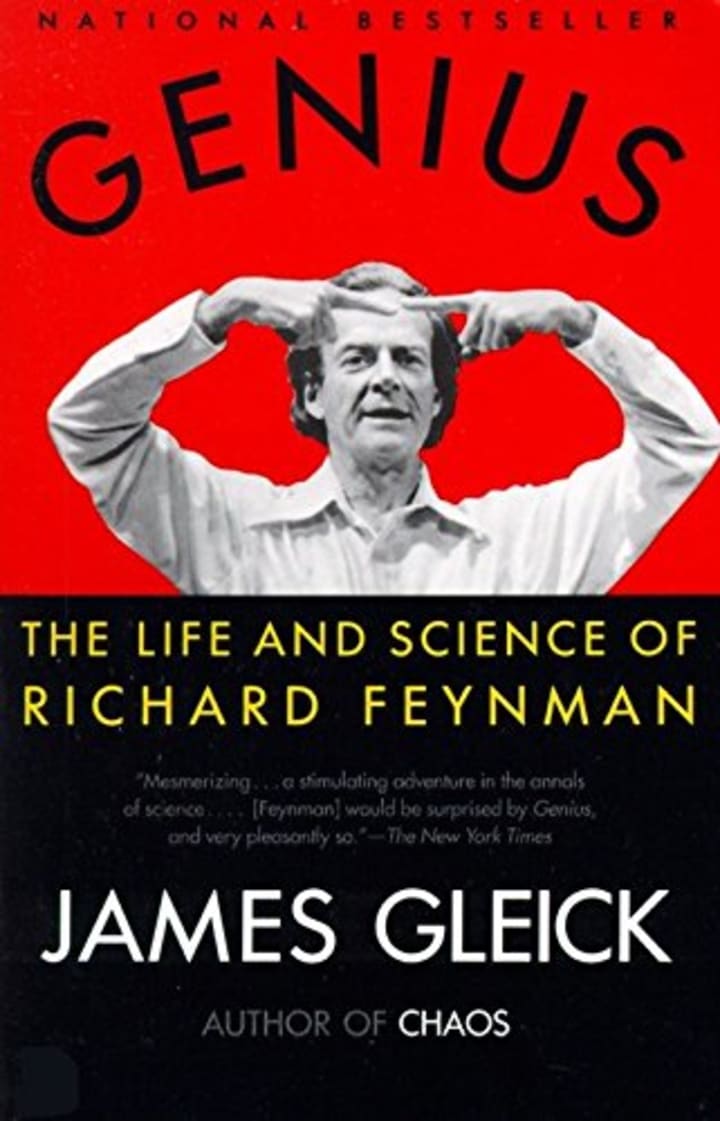
25. "Genius: The Life and Science of Richard Feynman" by James Gleick:
James Gleick's "Genius" offers a captivating biography of the legendary physicist Richard Feynman. Through meticulous research and interviews, Gleick paints a vivid portrait of Feynman's life, revealing his brilliance, curiosity, and unyielding passion for unraveling the mysteries of the universe.
Conclusion:
These 25 books form an essential reading list for every physicist, from students embarking on their educational journey to seasoned professionals seeking to expand their knowledge. They offer profound insights into the foundational principles of physics, unravel the mysteries of the cosmos, and inspire readers to push the boundaries of scientific understanding. Whether you are fascinated by quantum mechanics, astrophysics, or the philosophical implications of modern physics, these books are sure to captivate and enlighten you as you embark on an exhilarating exploration of the physical world. Happy reading and may your quest for knowledge continue to deepen your passion for physics!
About the Creator
NovelNest Books
Book Recommendations





Comments
There are no comments for this story
Be the first to respond and start the conversation.